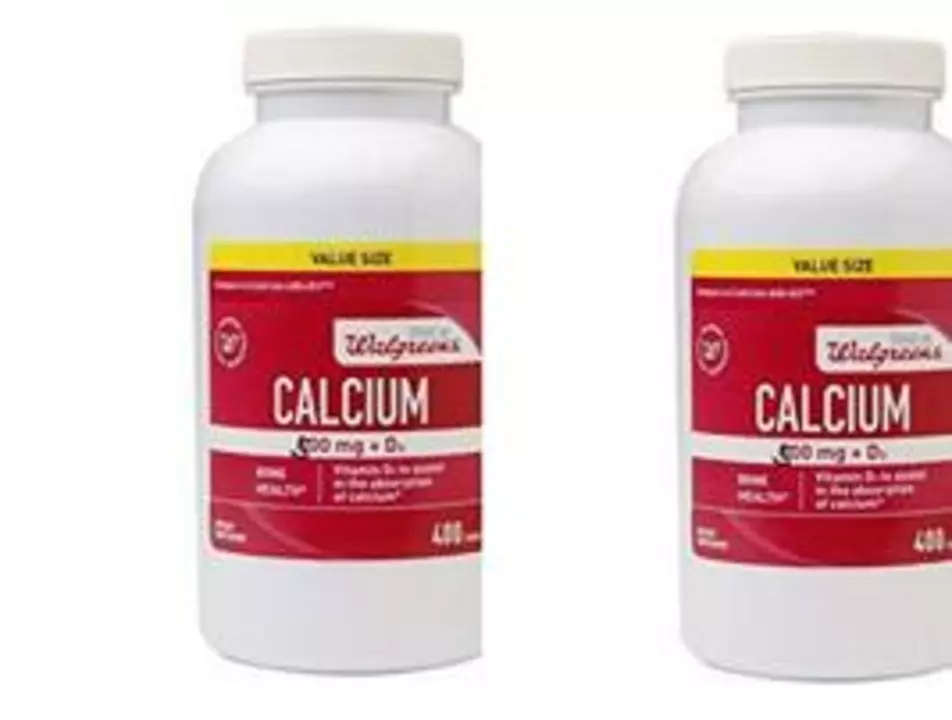Calcium Carbonate – What It Is and Why It Matters
If you’ve ever taken a chewable tablet for heartburn or seen calcium pills on the shelf, chances are it’s calcium carbonate. It’s a simple mineral that supplies calcium, the building block of bones, and also neutralizes stomach acid. Because it’s cheap, easy to make, and widely available, doctors often recommend it for both bone support and occasional indigestion.
How Calcium Carbonate Works in Your Body
When you swallow calcium carbonate, your stomach sees a basic compound that reacts with the acid inside. The reaction creates water, carbon dioxide, and salts, which reduces the feeling of burning. At the same time, the mineral breaks down into elemental calcium, which the intestines absorb and send to bones and teeth. This dual action makes it popular for people who need extra calcium but also suffer from occasional heartburn.
Practical Tips for Using Calcium Carbonate
Start with the dosage on the label or your doctor’s advice—usually 500 mg to 1,200 mg per day. Take it with food if you notice stomach upset; food helps your body absorb calcium better. If you’re using it as an antacid, don’t exceed the recommended amount because too much can lead to constipation or kidney stones. People on blood thinners should check with a pharmacist, as calcium can interfere with medication absorption.
Mixing calcium carbonate powder into smoothies or oatmeal works well if you dislike pills. Just be aware that the gritty texture can affect taste, so start with a small amount and adjust. For athletes or seniors who need strong bones, pairing calcium carbonate with vitamin D boosts absorption dramatically—think sunshine or a modest supplement.
Finally, keep an eye on your total calcium intake from food, supplements, and antacids. Most adults need about 1,000 mg daily; exceeding 2,500 mg can cause problems. Simple foods like dairy, leafy greens, and fortified juices already give you a good base, so supplement only to fill the gap.
Calcium carbonate as a natural dietary supplement
As a natural dietary supplement, calcium carbonate has really caught my attention lately. Not only is it essential for maintaining strong bones and teeth, but it also plays a crucial role in muscle function and nerve transmission. Since our body cannot produce calcium on its own, it's vital that we get it from our diet or supplements. I've found that calcium carbonate is one of the most common and cost-effective sources of calcium available, and it's easily absorbed by our body, making it an ideal choice for those who need to boost their calcium intake. Overall, calcium carbonate is a simple yet effective way to ensure we're getting enough calcium to support our overall health and well-being.

